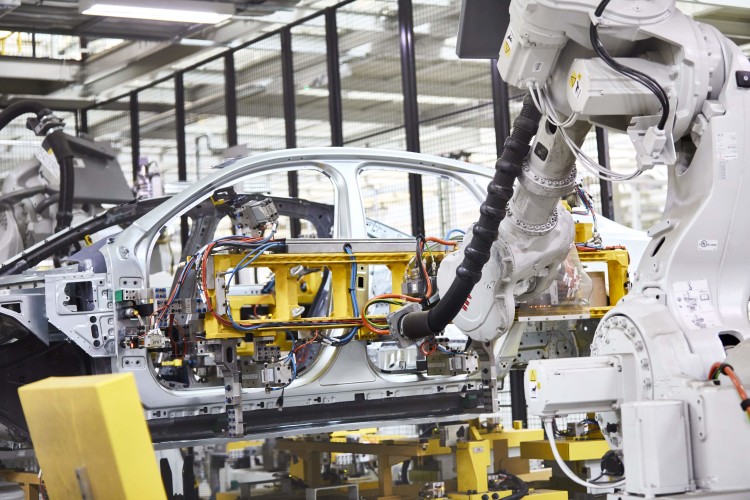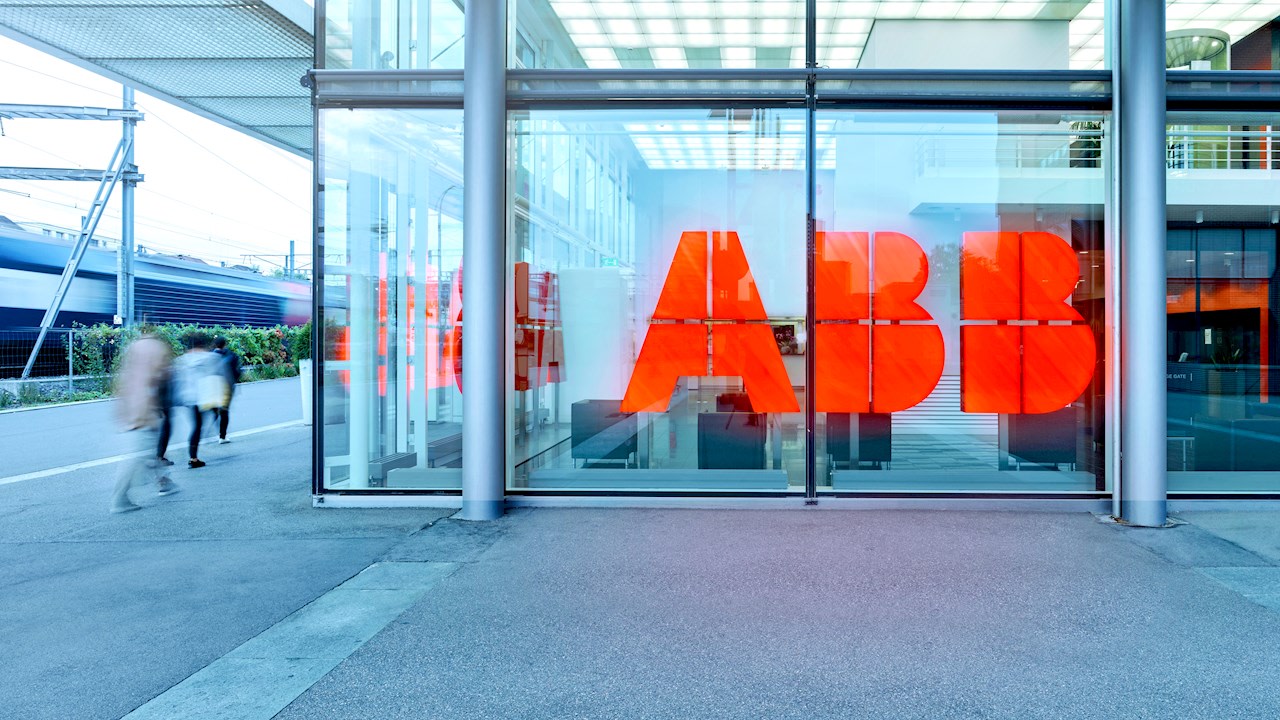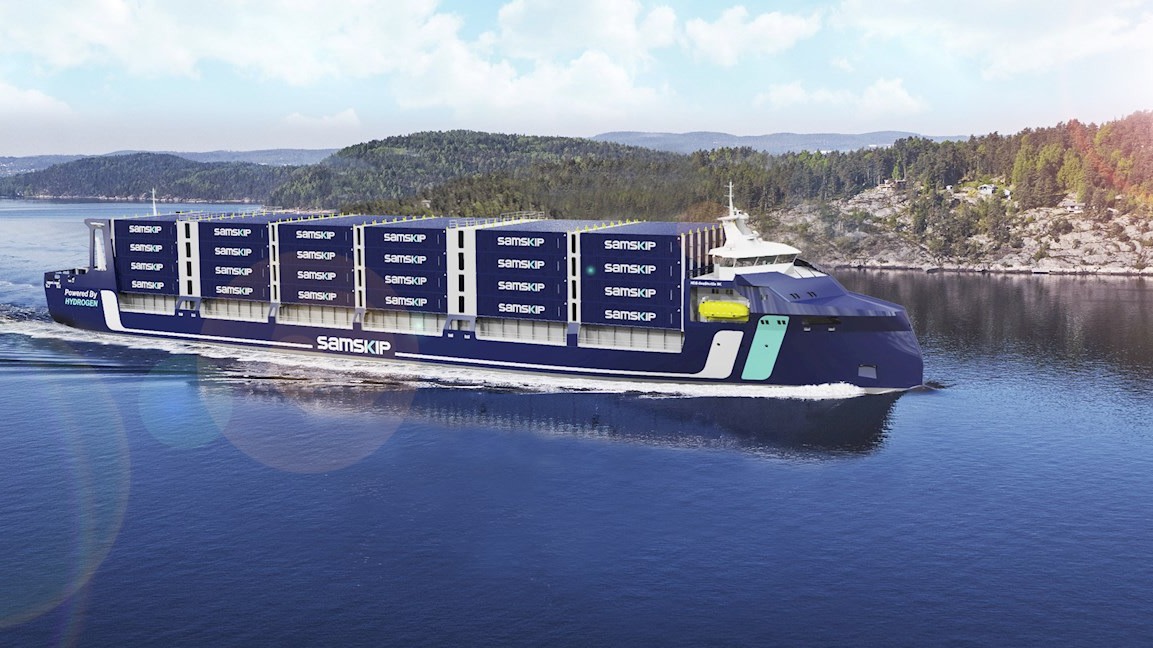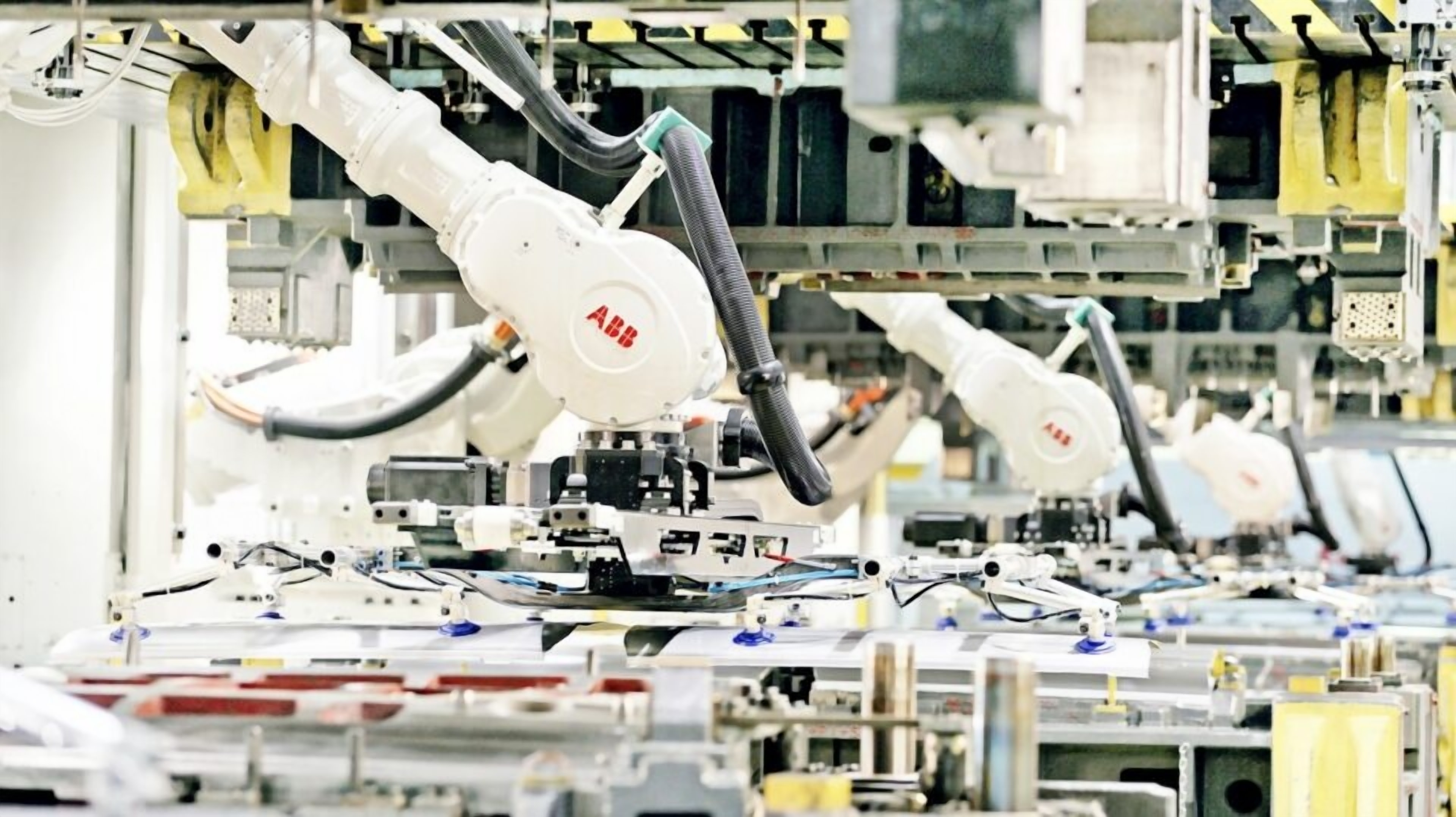ABB, Imperial College Renew Carbon Capture Partnership
ABB Ltd
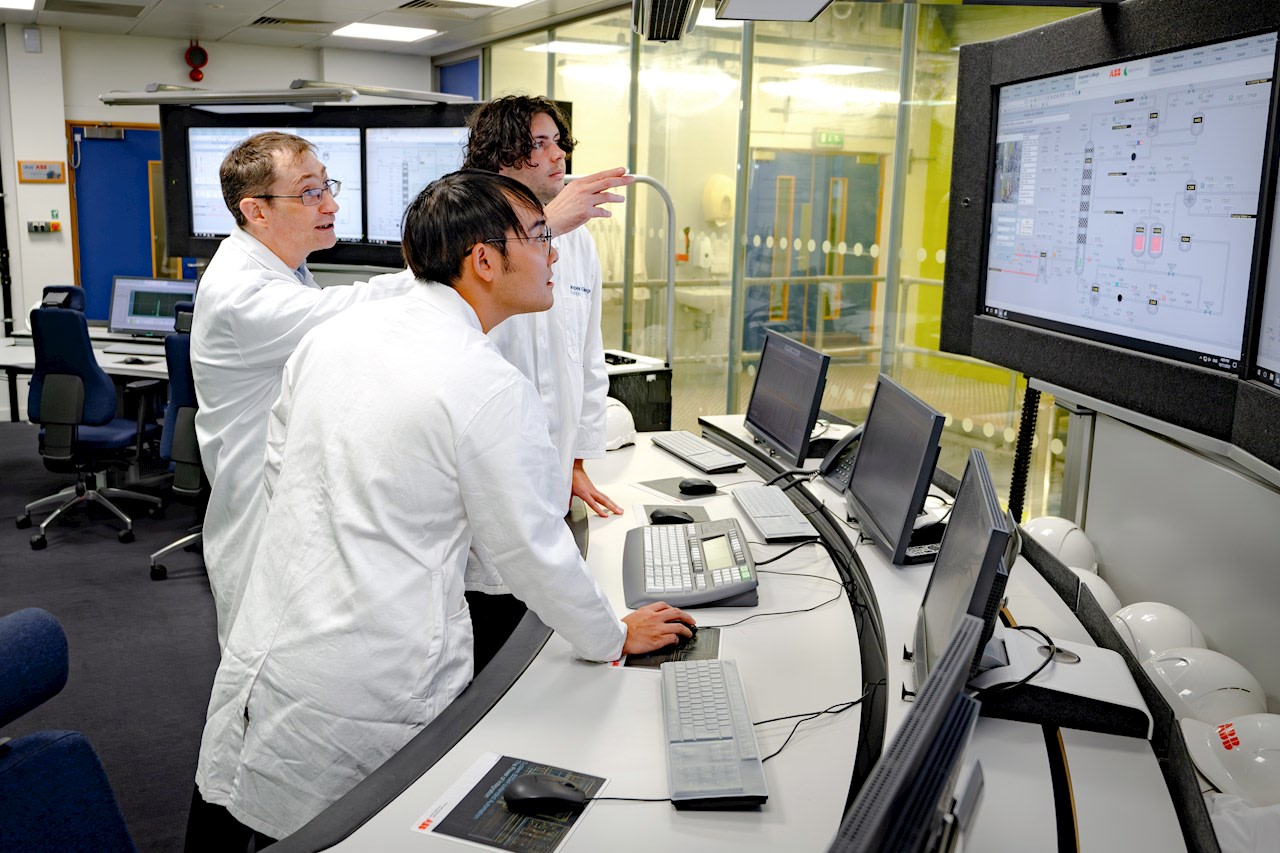
A 10-year contract extension between ABB and Imperial College London promises to further enrich the landscape of carbon capture education and prepare the next generation of net-zero experts.
At the heart of this enduring partnership lies a pioneering carbon capture pilot plant, an academic rarity unmatched anywhere in the world.
Since its inception in 2012 at Imperial College, this cutting-edge facility has provided over 4,500 students with hands-on encounters with ABB's technological solutions. Imperial College, renowned globally for its excellence in science and engineering, ranks among the top ten universities worldwide.
Under this newly-inked agreement, ABB seeks to furnish today's students with the proficiencies essential to oversee tomorrow's industrial processes. This entails demonstrating how state-of-the-art technology can enhance plant performance and ensure the secure management of emergency scenarios in real-world applications. Imperial College gains exclusive access to some of the most advanced control and instrumentation technology from any manufacturer through its collaboration with ABB.
Simon Wynne, Head of Energy Industries at ABB UK & Ireland, underscores the significance of extending the partnership with Imperial College in preparing students for careers in industry. He cites a report from EngineeringUK that underscores the need for a workforce with strong STEM backgrounds to address the energy transition challenge and meet UK emissions targets by 2050.
The multi-story plant relies on ABB's Ability™ System 800xA® for distributed process control, featuring over 250 instruments for measuring temperature, pressure, carbon dioxide, and flow. System 800xA orchestrates all aspects of the plant process, displayed in the ABB Control Room where students can monitor and intervene as necessary.
Moreover, students at Imperial College leverage ABB's Ability™ Verification for measurement devices and the innovative Ability™ SmartMaster verification and condition monitoring platform to sharpen their skills in optimising instrument performance through predictive maintenance.
Dr. Colin Hale, Senior Teaching Fellow at Imperial College London, reflects on the partnership's initial objective to encourage more students to pursue and persist in chemical engineering. The establishment of the carbon capture plant was a powerful means to inspire students to build upon their prior environmental education, fostering a shared vision with ABB.
Students themselves attest to the value of this immersive experience. Yiheng Shao, a fourth-year undergraduate at Imperial College London, appreciates the firsthand involvement in the plant's operations, which has deepened his grasp of carbon capture technology and bolstered his belief in its pivotal role in achieving net-zero objectives.
Reports from S&P Global and the Global CCS Institute underscore the significance of carbon capture and storage (CCS) in decarbonising industry, reducing emissions, and realising net-zero goals. In 2022, there was a remarkable 44 per cent surge in the number of CCS facilities worldwide, reflecting the growing interest and investment in CCS technologies.
ABB is committed to scaling the commercial CCS market by delivering technology solutions that reduce both capital and operational costs and de-risk the integration of CCS into new and existing operations. ABB's collaboration with Pace CCS in March 2023 is a notable effort to make the capture, transportation, and storage of industrial carbon dioxide emissions more accessible, with digital twin technology playing a pivotal role in the process.
The UK Government's "Powering Up Britain" policy, unveiled earlier this year, includes a series of net-zero commitments and substantial funding to stimulate private investment and job creation in CCS. This initiative aims to foster a cleaner, more affordable energy system for the nation.
To view and compare company ESG Ratings and Sustainability Reports, visit our Company ESG Profiles page.
Source: ABB


